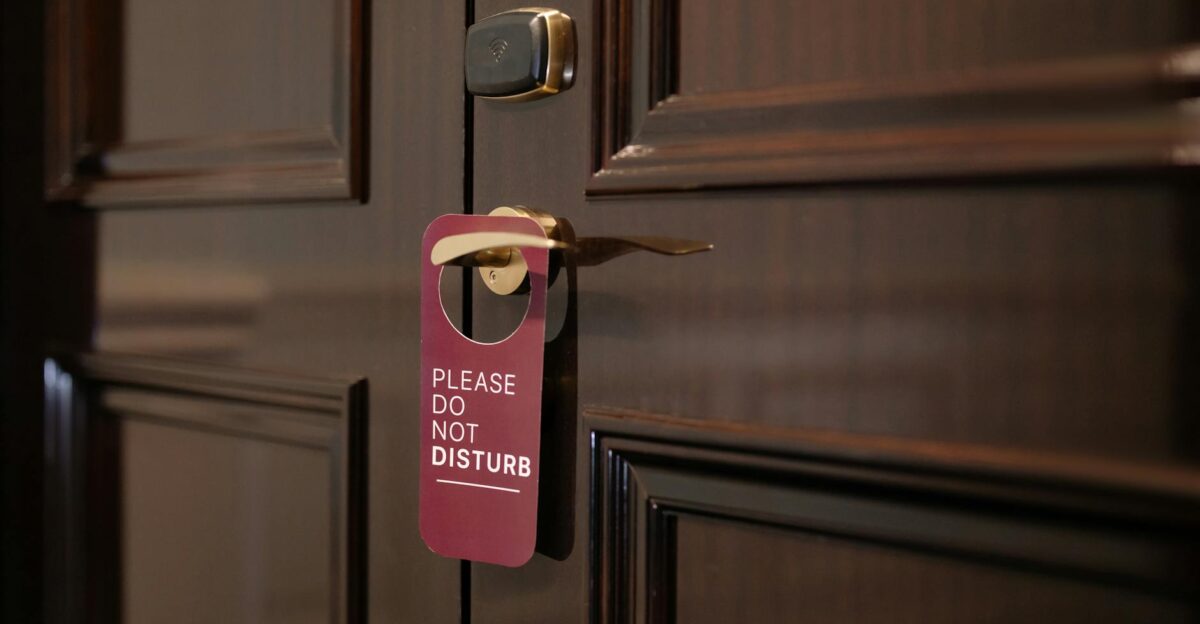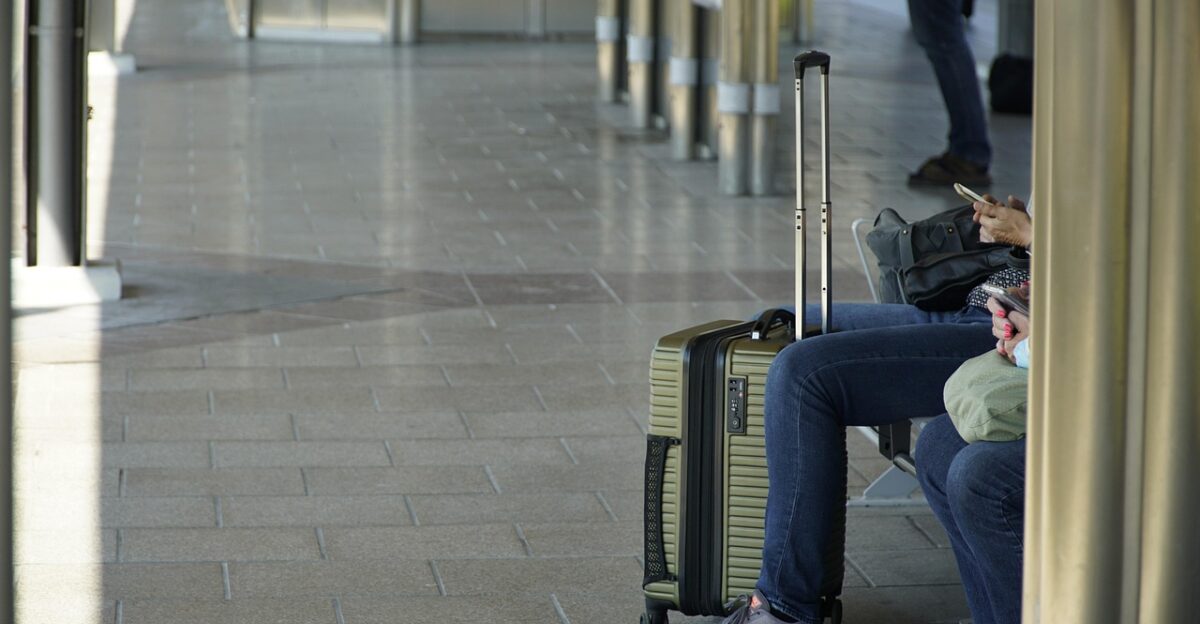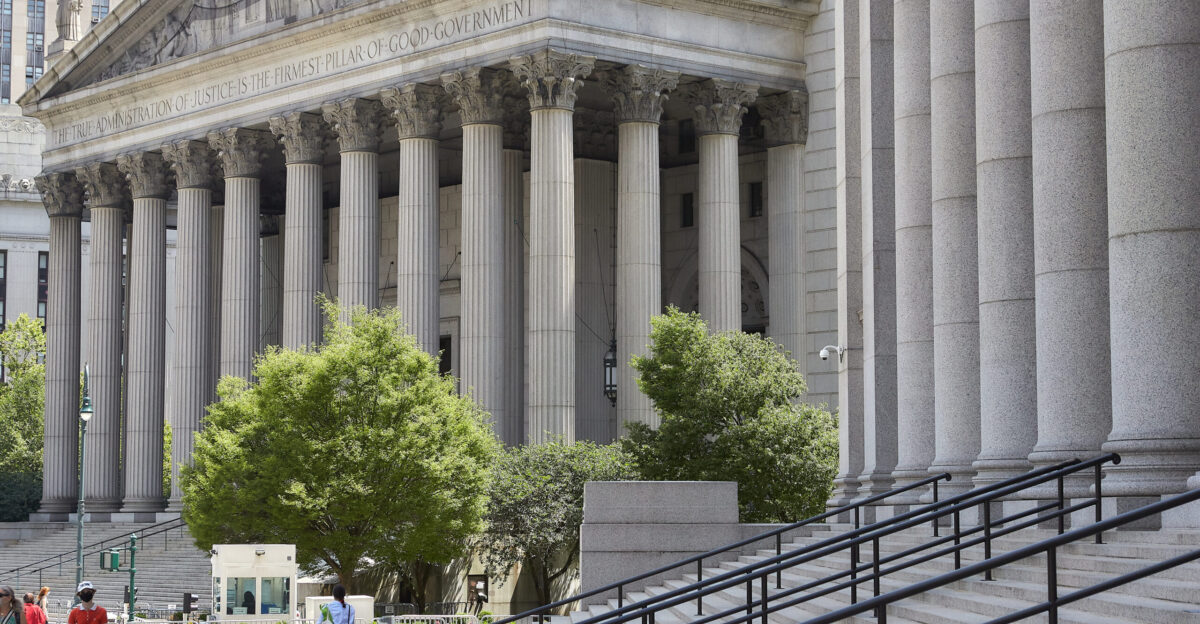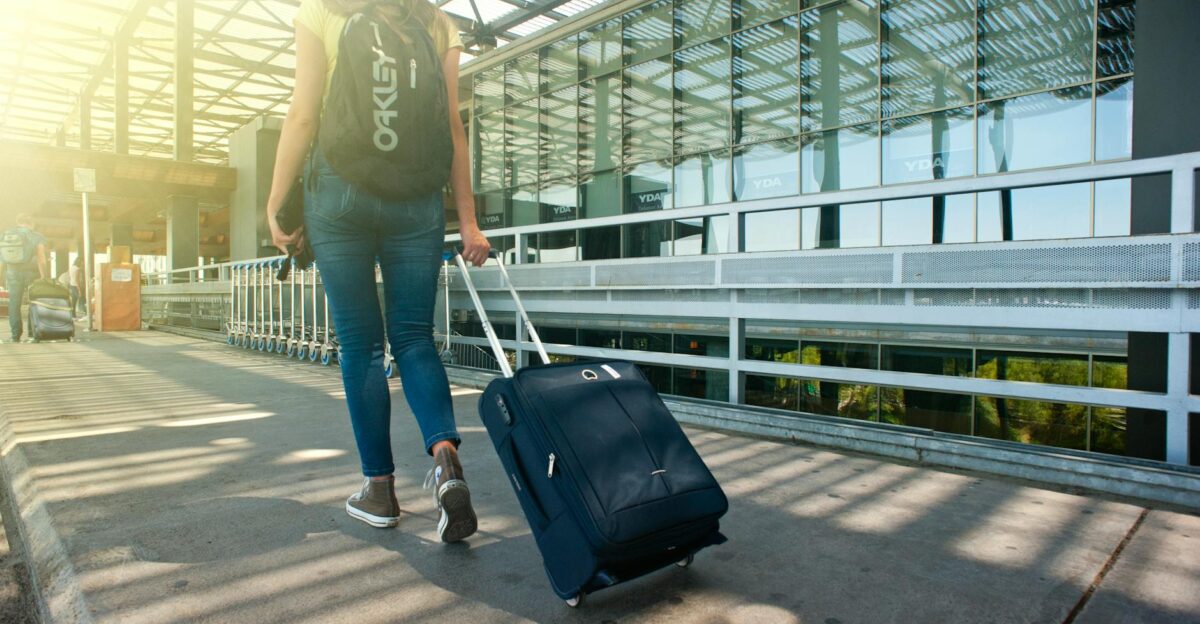
In September 2025, hundreds of travelers arriving at three Manhattan hotels were met with locked doors and canceled reservations. According to CBS News New York, the abrupt closures left guests stranded and scrambling for last-minute accommodations.
The confusion sparked federal concern. Within days, the Department of Justice stepped in, citing urgent worries for the safety of travelers, staff, and the financial disorder surrounding LuxUrban Hotels’ sudden disappearance.
A Collapse That Shook New York’s Hotel Scene

LuxUrban’s bankruptcy sent shockwaves through New York’s hospitality industry. CBS News New York reported that guests had lost prepaid stays, employees went unpaid, and creditors were left in limbo.
The Justice Department’s swift involvement—rare in private bankruptcies—highlighted how serious the situation had become. What were once vibrant hotels now symbolized broken promises, legal battles, and the perils of unchecked corporate growth in the heart of America’s busiest tourism hub.
From Rising Star to Risky Bet

Just a year earlier, LuxUrban had been a story of ambition. According to Bisnow, by early 2024, the company managed more than 2,000 rooms across 18 properties, with plans to grow sixfold within a year.
Investors cheered its aggressive expansion. But behind the marketing sheen, the company’s finances buckled under rapid growth. What looked like success on paper soon revealed cracks that would unravel spectacularly.
Growth at Any Cost

While public perception remained upbeat, LuxUrban was quietly collapsing under its own weight. Bisnow reported lawsuits from landlords, suppliers, and investors piling up, with debts exceeding $15 million in secured loans and $22 million in unsecured claims. Partners went unpaid, and vendors stopped trusting.
Inside, management pressed ahead anyway. The company’s obsession with scaling fast came at the expense of financial discipline and eventually, survival.
DOJ Seizes Control Amid “State of Chaos”

The Justice Department’s swift involvement—rare in private bankruptcies—highlighted how serious the situation had become. According to CBS News New York, the U.S. Trustee filed an emergency motion in October 2025 to seize control of LuxUrban’s bankruptcy.
Federal investigators described a “state of chaos” as guests arrived at shuttered hotels. By appointing an independent trustee, the DOJ signaled it would no longer tolerate mismanagement that endangered both consumers and workers.
Locked Doors, Lost Plans

Three Manhattan hotels—The Herald, Hotel 27, and Hotel 46—were at the center of the crisis. CBS News New York reported that travelers arriving from across the country found themselves locked out and confused.
Business trips were canceled, family vacations derailed, and long-awaited reunions dissolved into frustration. The closures exposed not just financial fragility but also the deep human impact of a corporate breakdown that left hundreds stranded.
“You Screwed Me Over”: Guests Speak Out

The human toll was immediate. Guests like Ed Rossi and Landis Tindell told CBS News New York they arrived to find doors locked and refunds missing, some dating back to March 2024.
“You screwed me over. I want my money back,” Rossi said, voicing widespread anger. The losses went beyond money. For many, the experience shattered confidence in an industry that promises care, not chaos.
DOJ Sends a Message to the Industry

Federal intervention in a private hotel bankruptcy is nearly unheard of. According to CBS News New York, the DOJ called LuxUrban’s actions, abandoning guests and failing to pay staff, “untenable and dangerous.”
Legal experts say this could redefine federal oversight, setting a precedent for government action in future hospitality failures. The case signals a growing expectation that Washington may step in when mismanagement harms the public.
“WeWork for Hotels”: Analysts Warn of Bigger Risks

Industry experts told Bisnow that LuxUrban’s fall exposes vulnerabilities across the hotel sector. Its complex leasing model and rapid scaling created risks no one fully saw coming.
Some analysts compared the company to “WeWork, but for hotels,” warning that chasing growth over stability leaves businesses and consumers alike unprotected. LuxUrban’s unraveling is a wake-up call for an industry addicted to expansion.
Landlords and Vendors Feel the Pain

LuxUrban’s downfall didn’t stop at guests. Vendors and landlords faced millions in losses. Bisnow reported $7.8 million owed to suppliers and $14 million to a single landlord. The Real Deal noted that The unpaid rent at The Herald hotel pushed its landlord—960 Associates—into default on a $60 million Aareal Capital mortgage, illustrating the scale of financial impact across LuxUrban’s portfolio.
One company’s collapse rippled through New York’s property sector, dragging others down with it.
Management Faces Backlash

Behind the scenes, LuxUrban’s leadership faced mounting criticism. CFO Michael James told CBS News New York that bankruptcy was needed to “reset our financial foundation.” However, partners accused executives of secrecy and continued booking rooms at closed hotels.
The disconnect between public statements and private decisions deepened mistrust. The internal rift would soon open the door for federal oversight and a full management shake-up.
DOJ Moves to Replace LuxUrban Leadership

If approved, the Justice Department’s motion will remove LuxUrban’s management and install an independent trustee. CBS News New York reported that this trustee would control operations and restructuring—an extraordinary step in corporate governance.
It marks one of the few times federal authorities have directly taken charge of a private hotel group, testing how far government oversight can extend in moments of financial crisis.
Can LuxUrban Come Back?

LuxUrban’s attorney, Leo Jacobs, told Jacobs P.C. that the company hopes to reorganize by converting debt into equity and becoming private again. The strategy aims to stabilize finances and rebuild confidence.
But the plan’s success depends on court approval and creditor trust—two increasingly high hurdles. LuxUrban’s comeback remains a long shot, shadowed by skepticism and lingering anger.
Experts Doubt Guests Will Be Repaid

Not everyone believes travelers will see their money again. Bankruptcy attorney Heath Berger told CBS News New York that despite the DOJ’s “extraordinary” intervention, refunds are unlikely.
“My gut is no,” he said, noting that secured creditors are paid first in bankruptcy proceedings. His warning highlights a hard truth that when companies collapse, ordinary consumers often stand at the end of the line.
Waiting for Answers

The future of LuxUrban’s remaining hotels is uncertain. CBS News New York reported that the court’s decision will determine whether the company can reorganize or face liquidation. Employees, guests, and investors are bracing for a long process.
Each day of waiting adds to the anxiety. The once-promising brand now serves as a stark reminder of how quickly trust—and a business model—can vanish.
Could This Case Rewrite Hospitality Rules?

The LuxUrban case is already prompting legal debate. Analysts told CBS News the DOJ’s action could inspire new guest-protection laws, requiring hotels to handle prepaid bookings and payrolls with greater transparency during financial distress.
Policymakers are watching closely. What began as a hotel chain’s implosion may ultimately reshape consumer rights and corporate accountability in one of America’s most vital industries.
Shockwaves Reach Global Investors

According to Bisnow, LuxUrban’s troubles extended beyond the U.S., affecting international investors and travelers. The collapse revealed how deeply connected the global hospitality network has become. Cross-border bookings, payment systems, and joint ventures now face disruption.
What began as a New York hotel story is now a global cautionary tale about the fragility of trust in international travel markets.
Inside the Legal Maze

The bankruptcy court now faces an intricate puzzle of competing claims. The Department of Justice said the U.S. Trustee’s office is forming a committee of unsecured creditors, including guests, workers, and vendors, to represent the largest losses.
With overlapping contracts and international implications, this case could set lasting precedents for how courts navigate complex corporate failures in the hospitality world.
Travelers Demand More Than Comfort—They Want Accountability

CBS News New York reported that travelers demand greater transparency and reliability from hotel brands. After being stranded, many say refunds and honesty now matter more than luxury.
The LuxUrban debacle has shifted the culture of hospitality, proving that reputation alone no longer earns trust. In today’s travel landscape, accountability is part of the amenity list.
The Cautionary Tale New York Won’t Forget

LuxUrban Hotels’ collapse is more than a financial failure; it’s a turning point. As CBS News New York noted, it exposes the dangers of unchecked expansion and the need for stronger safeguards for guests and employees.
Investors, regulators, and travelers are taking note. The fall of a once-rising brand serves as a lasting reminder: in hospitality, trust is the only true currency.